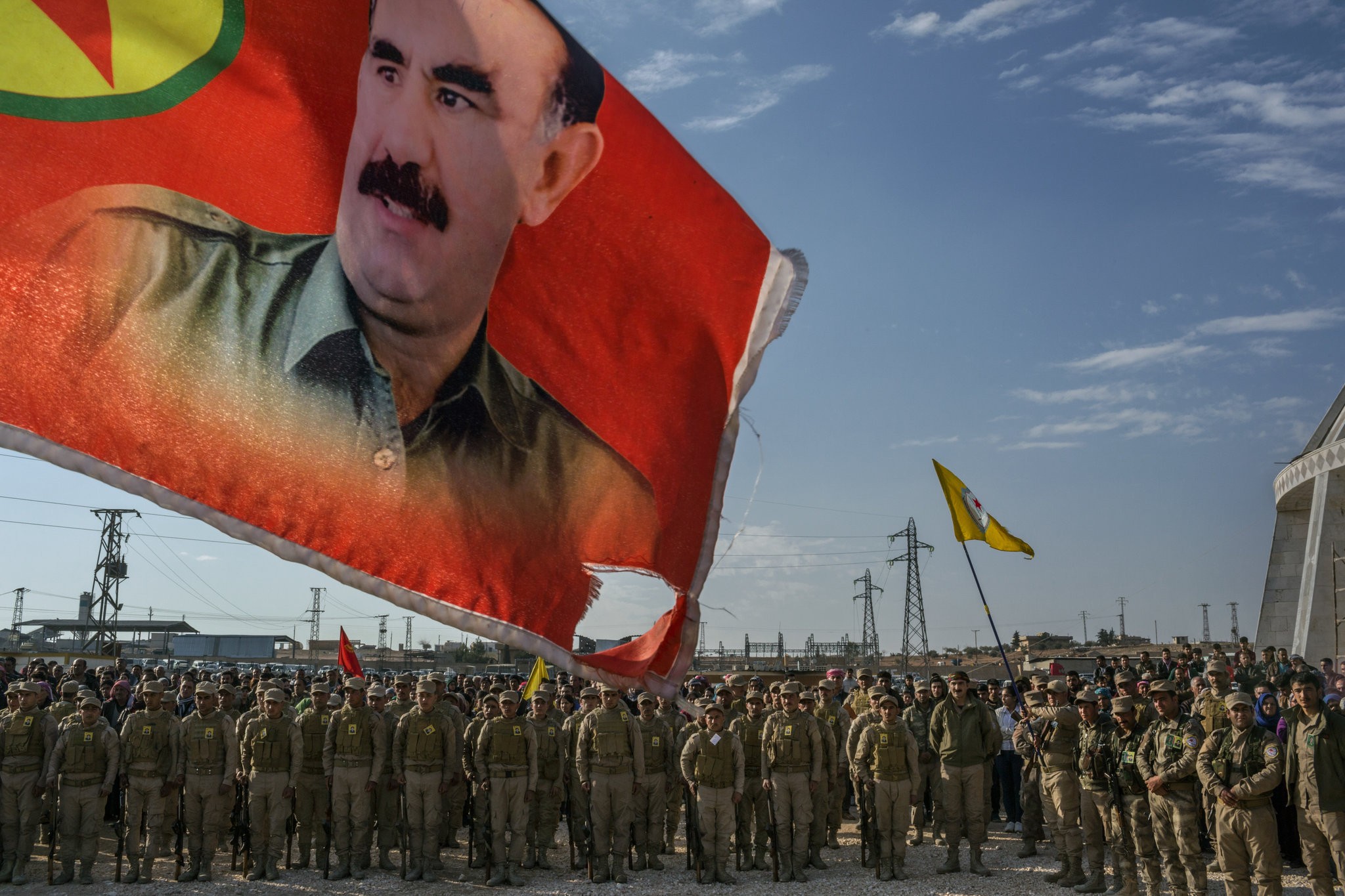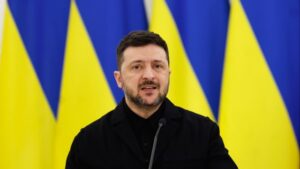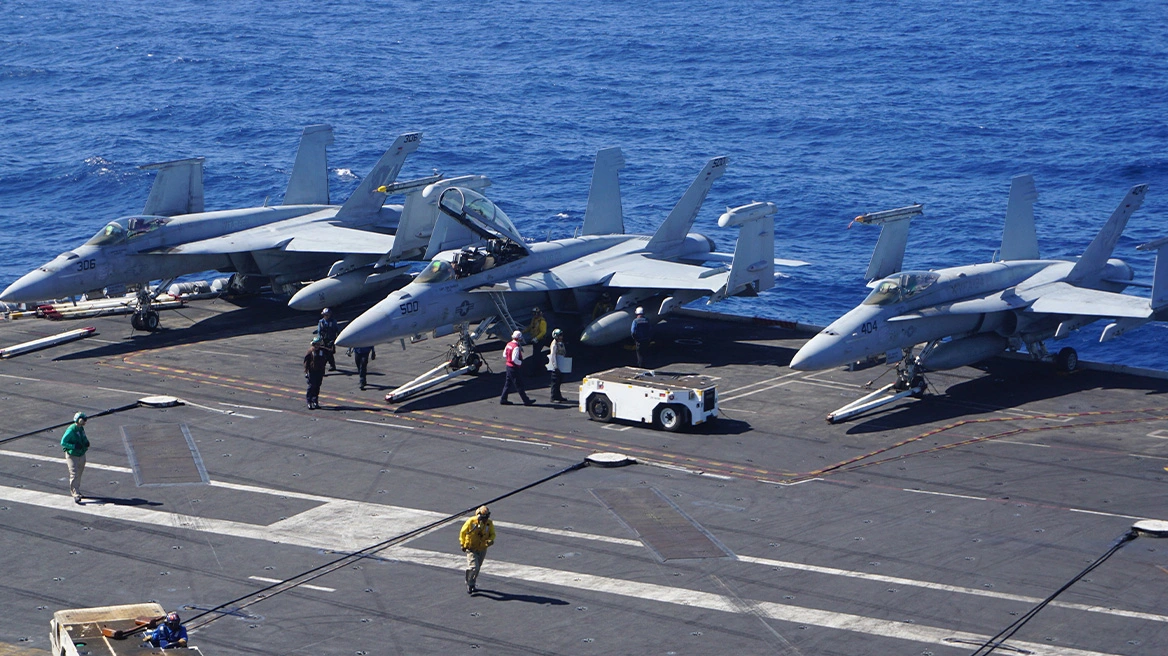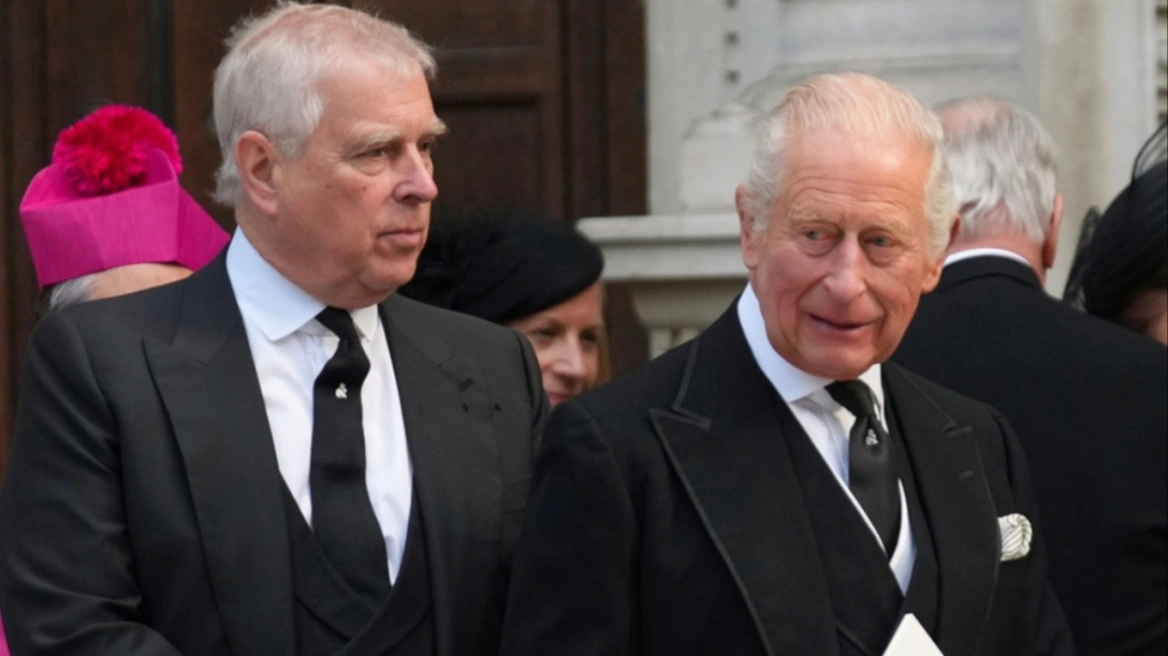By Aliza Marcus
The United States announced last month that it intends to keep troops in Syria to support Kurdish-led fighters there until the Islamic State has been completely routed and the area stabilized. Although this long-term commitment is critical, real stability and security can be ensured only by providing political recognition and practical support to the Kurdish administration governing northeastern Syria.
The United States has been backing the Kurds in Syria but has insisted on keeping the relationship strictly military. Since the first American weapons drop to Kurdish fighters besieged by the Islamic State in the Syrian town of Kobani late in 2014, Washington has focused on defeating the Islamic State and avoided statements or actions that could imply support for Kurdish autonomy or the Kurdish-led federation in Syria.
Today, largely thanks to the sacrifices of these Kurdish fighters from the People’s Protection Units, known as the Y.P.G., Islamic militants have lost control over almost all of northeastern Syria, including their self-proclaimed capital, Raqqa. The last Islamic State stronghold, in Deir ez-Zor province, is under attack by Kurdish fighters and their umbrella Syrian Democratic Forces and will fall soon.
The Kurds now control more than a quarter of Syrian territory where an estimated 1.5 million to two million people live. They have created their own administration to govern and provide services. As part of their vision for a decentralized and inclusive Syria, their institutions operate according to rules that promote equal participation for women and equal representation for ethnic and religious groups.
Governing has proved difficult. Bureaucrats and others in the Civil Service, who, according to Kurdish officials number some 190,000 people excluding the police, are often untrained and inexperienced. Combined with limited funding and the continuing battle with the Islamic State, the Kurdish-led authority has found it hard to provide the necessary services to support the population and foster stability.
The Kurdish region faces an additional challenge in the de facto embargo that is imposed on it by its neighbors and the rest of the world. Turkey has closed its border with the area and even blocked off portions of it with a concrete wall. Opportunities for trade with neighboring Iraq or the rest of Syria are severely limited. International aid, such as from the United States and Europe, goes mostly to refugee camps or the Arab areas around Raqqa or Manbij and ignores majority-Kurdish areas. This weakens the administration and paralyzes economic development.
Read more HERE
Ask me anything
Explore related questions





